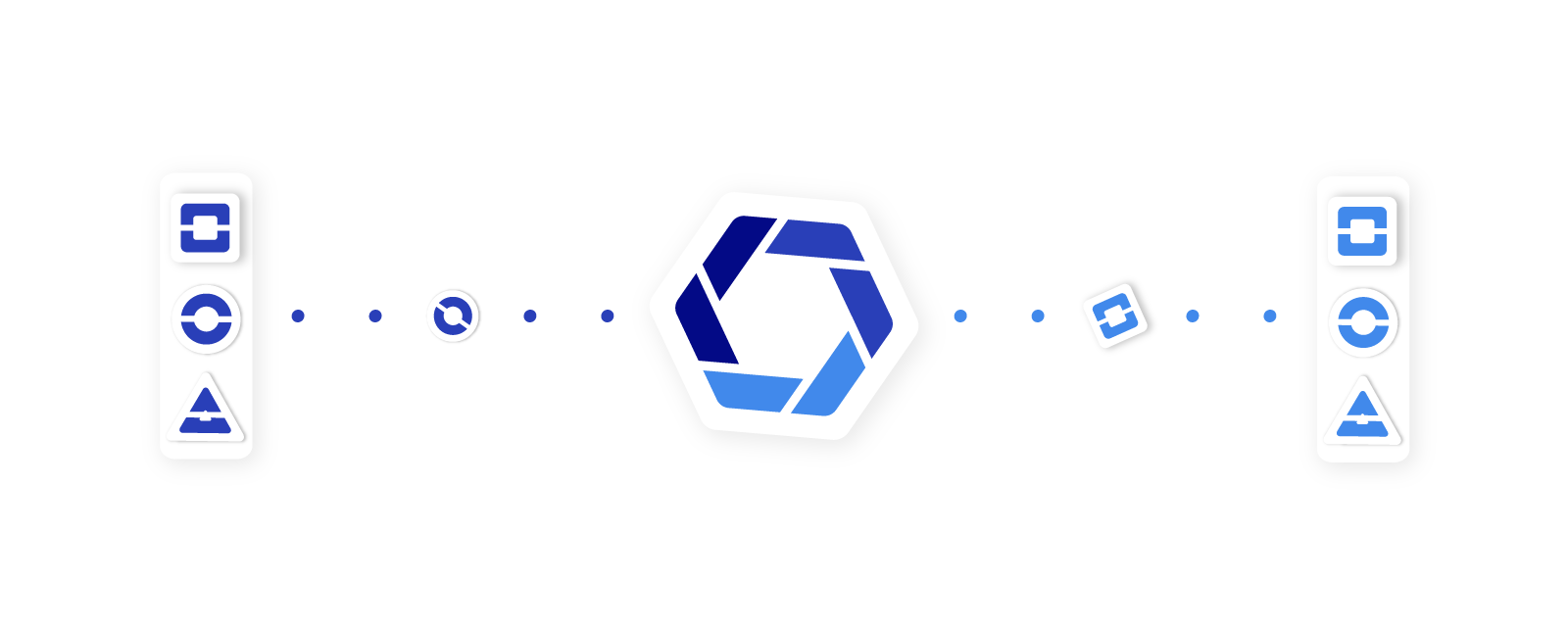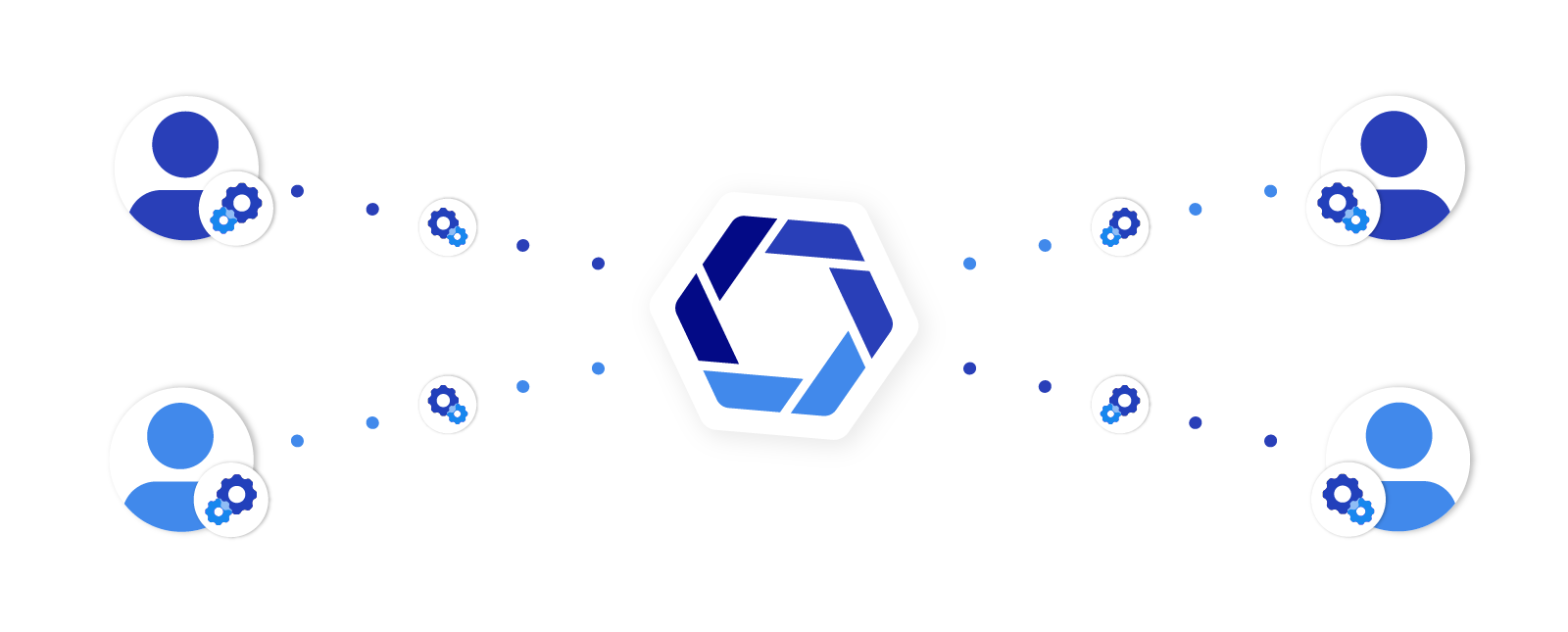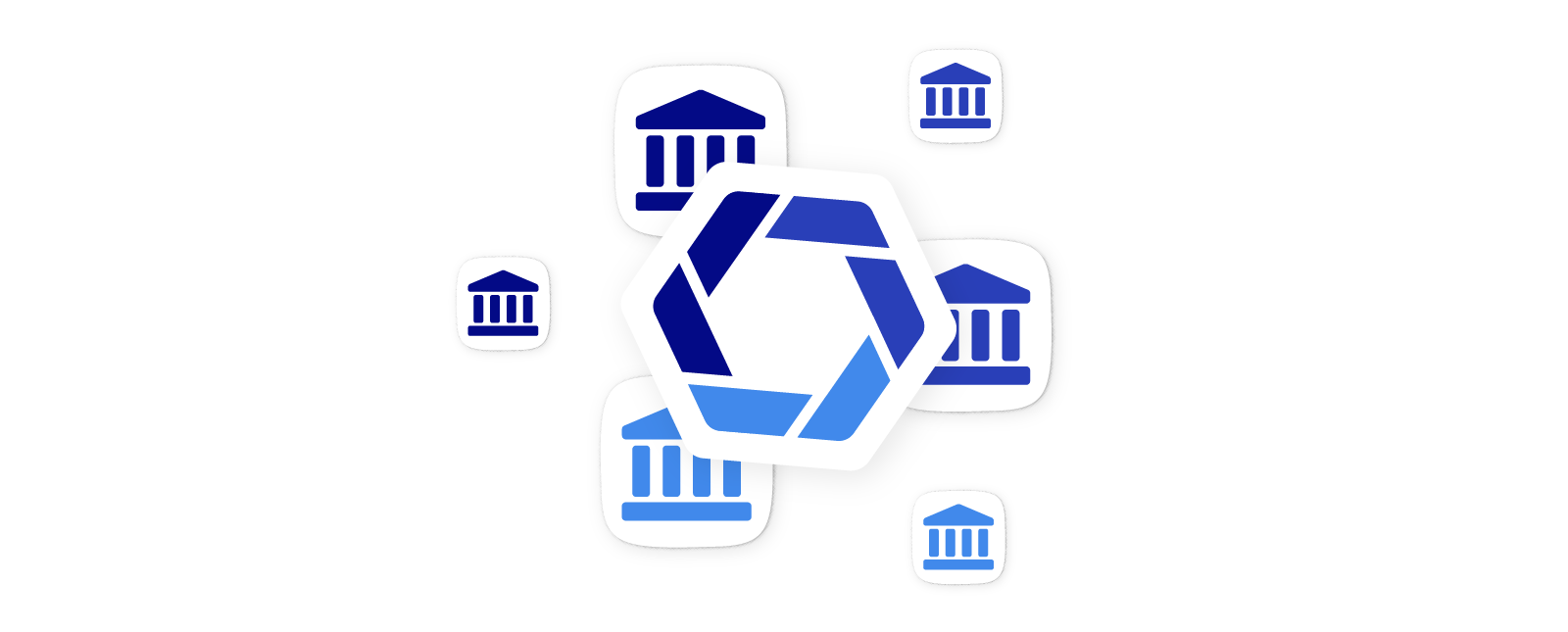The insurance industry has always been about managing risks, but the risks and challenges have evolved in the digital age.
With increasing competition and customer expectations, insurers must keep up with the times and embrace new technologies.
AI has emerged as a game-changer, offering insurers a range of benefits, from improving efficiency to enhancing customer experience. This article will explore how AI is helping insurance agencies enter the future and why it’s critical for the industry’s success.
What Could Change?
AI can revolutionize the insurance industry by giving insurers the tools to improve efficiency, cut costs, and offer enhanced services to customers. It can detect patterns in data that would be undetectable by humans and reduce manual work with automation. It can automate claims processing and fraud detection, which leads to quicker resolution times and better customer experiences.
Enhancing Customer Experience with Personalized Products
Additionally, AI can help create more personalized products based on an individual’s risk profile and provide real-time insights into consumer behavior. It also allows for related insurance products, such as shared value-driven multi-line policies that reduce overall premiums and coverage options, providing more significant savings for customers.
In this way, AI allows insurers to transition from a traditional risk-based model to a proactive prevention model that focuses on education and incentivizes safe behaviors across industries like health and wellness. For example, health insurers could suggest diet plans or exercise classes or reward members who complete preventative checkups to lower their premiums or get special discounts or rewards.
Transforming the Risk-Based Model to a Proactive Prevention Model
Finally, automated machine learning algorithms are developed to assist underwriters with claims processing, reducing technical errors and misinformation within the industry.
Overall, AI gives insurers the power to collect more accurate data faster than ever, ultimately leading to better decision-making today and in the future.
What’s Holding Them Back?
One of the main challenges in AI adoption is having access to high-quality data. AI algorithms rely on large amounts of accurate data to be effective, making it essential for insurance agencies to ensure they have clean and reliable sources.
That can include selecting appropriate datasets, cross-checking accuracy, validating source information, and fixing incomplete or incorrectly categorized records.
Additionally, detecting bias in data sets is necessary as models are only as reliable as their input. Poor-quality information can lead to wrong decisions and mislead the machine learning process, resulting in inaccurate predictions.
Need for Specialist Expertise
Another challenge insurance agencies must address is the need for specialist expertise in AI development and implementation.
Companies may need to recruit or collaborate with experts in data science, machine learning, and other related AI fields to create and deploy AI solutions effectively. Specialists possess a deep understanding of developing AI algorithms that can make sense of complex data sets, create accurate predictive models, and automate various processes. They understand how to modify existing algorithms, so they are better suited for specific applications.
With their help, insurance agencies can tailor their AI solutions to meet their unique organizational needs. Additionally, once these systems are up and running, specialists can monitor their performance and provide ongoing support for any improvement efforts that may be necessary.
Regulatory and Ethical Considerations
Finally, as with any powerful technology, regulatory and ethical considerations must be considered when using AI.
For example, insurers must abide by data protection laws to ensure customer privacy and security. They should provide transparency and explainability regarding the use of AI solutions. If a customer has questions about how their data is being used and why a particular decision was made based on that data, they should be able to get answers from their insurer to feel secure about the process.
Compliance with regulations benefits customers and insurers who can market themselves as trustworthy and reliable companies that follow industry guidelines.
Not convinced AI is the future?
If AI sounds like it’s only for the “big guys,” think again. It’s particularly well-suited to the insurance industry because AI analyzes large amounts of data and identifies patterns and trends better than humans. That can lead to improved risk assessment, pricing, and fraud detection, ultimately reducing potential losses and increasing profitability.
Also, AI is becoming more accessible than ever, thanks to cloud-based services and platforms. That means even tiny insurance agencies can use AI’s power to improve their operations, regardless of their limited resources.
Here’s how frontrunners in the insurance industry are using AI today (and how you could, too!):
Lemonade: Lemonade offers customers instant coverage through AI. Chatbots can help file claims. Each Lemonade policy is personalized based on a customer’s unique profile, location, age, and lifestyle. This tailored approach allows users to get the most coverage based on their needs.
Allstate: Allstate’s AI-powered underwriting system is an advanced data analytics tool that uses AI to assess real-time driver risk and adjust premiums accordingly. With this system, the company can analyze all aspects of a potential customer’s profile and determine potential risks associated with them as a driver. That could include their driving record, location, vehicle type, and any applicable insurance discounts they may be eligible for. Allstate can then use this information to create an accurate and tailored insurance policy for each customer, ensuring it reflects their risk profile.
Ping An: Ping An is a Chinese insurance company that is revolutionizing the healthcare industry with its innovative use of AI technology to provide personalized health insurance policies. Their AI algorithms can analyze patient data and accurately predict potential health risks, allowing them to offer customized policies and targeted preventive care. By leveraging its state-of-the-art predictive technology, Ping An provides exceptional service that puts the customers’ best interests first.
AXA: A global insurance provider, AXA has used AI to revamp its claims processing and fraud detection systems. Its AI-powered claims processing system can process claims more accurately, faster, and more efficiently than they would have been processed. Its fraud detection system can identify suspicious claims before they cause losses, leading to cost savings for the company.
Zurich Insurance Group: Zurich Insurance Group is harnessing the power of AI to improve its underwriting and pricing capabilities. With the help of AI algorithms, the company can locate and analyze data from multiple sources, including social media and weather reports, to better assess risk and create pricing structures.
That ensures policyholders can receive an accurate representation of their level of risk and the reasonable cost associated with that risk. Zurich Insurance Group can identify complex correlations within data to arrive at more precise conclusions about a given policyholder’s risk profile—factors that may not have otherwise been considered.
This precision lowers premiums, giving customers greater access to more affordable policies despite higher perceived risks. In addition, greater accuracy in price estimation cuts down on losses incurred by the company overall.
The Importance of Adopting AI for Staying Relevant
These are just a few examples of insurance agencies and companies that already use AI. As AI becomes more accessible and affordable, we expect to see even more insurers using AI to improve their operations and provide better customer service.
Failing to adopt AI could leave insurance companies struggling to stay relevant in a market that demands operational efficiency and superior customer service. With data and technology driving industry progress, AI offers a competitive edge, empowering insurance businesses to provide intelligent services and succeed in an evolving landscape.
Staying ahead of the competition is what drives us at Kizen. We build industry-tailored, revenue-driving tools to supercharge your business operations with data. We have the resources and expertise to deploy in weeks without disruption, and our technology prepares your organization for the AI-powered future. Connect with us on our website, and we’ll schedule a time to chat.










